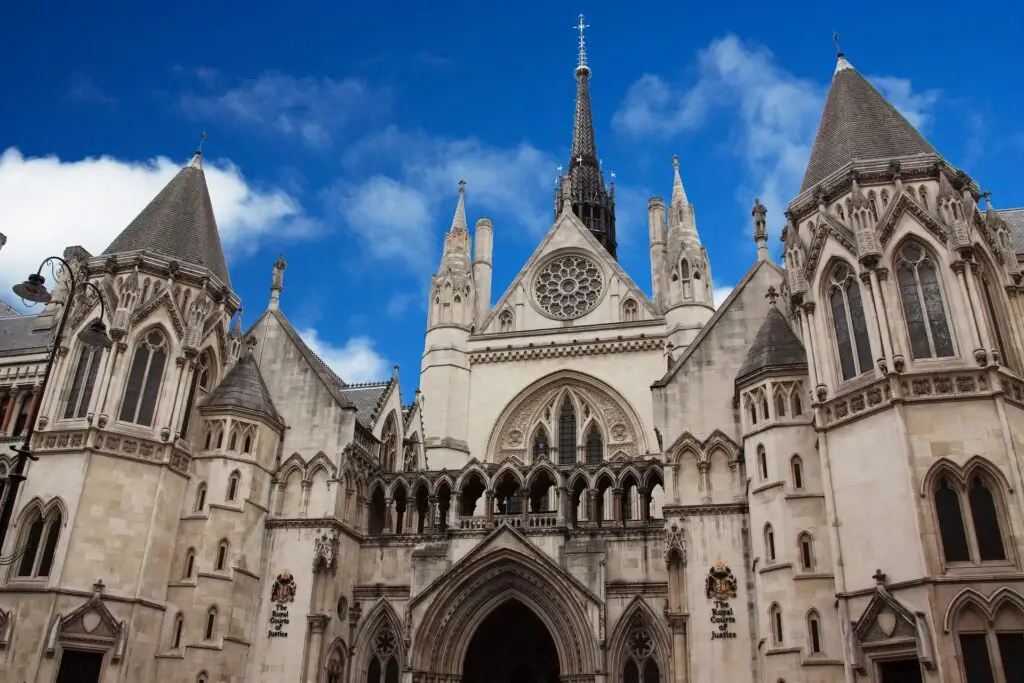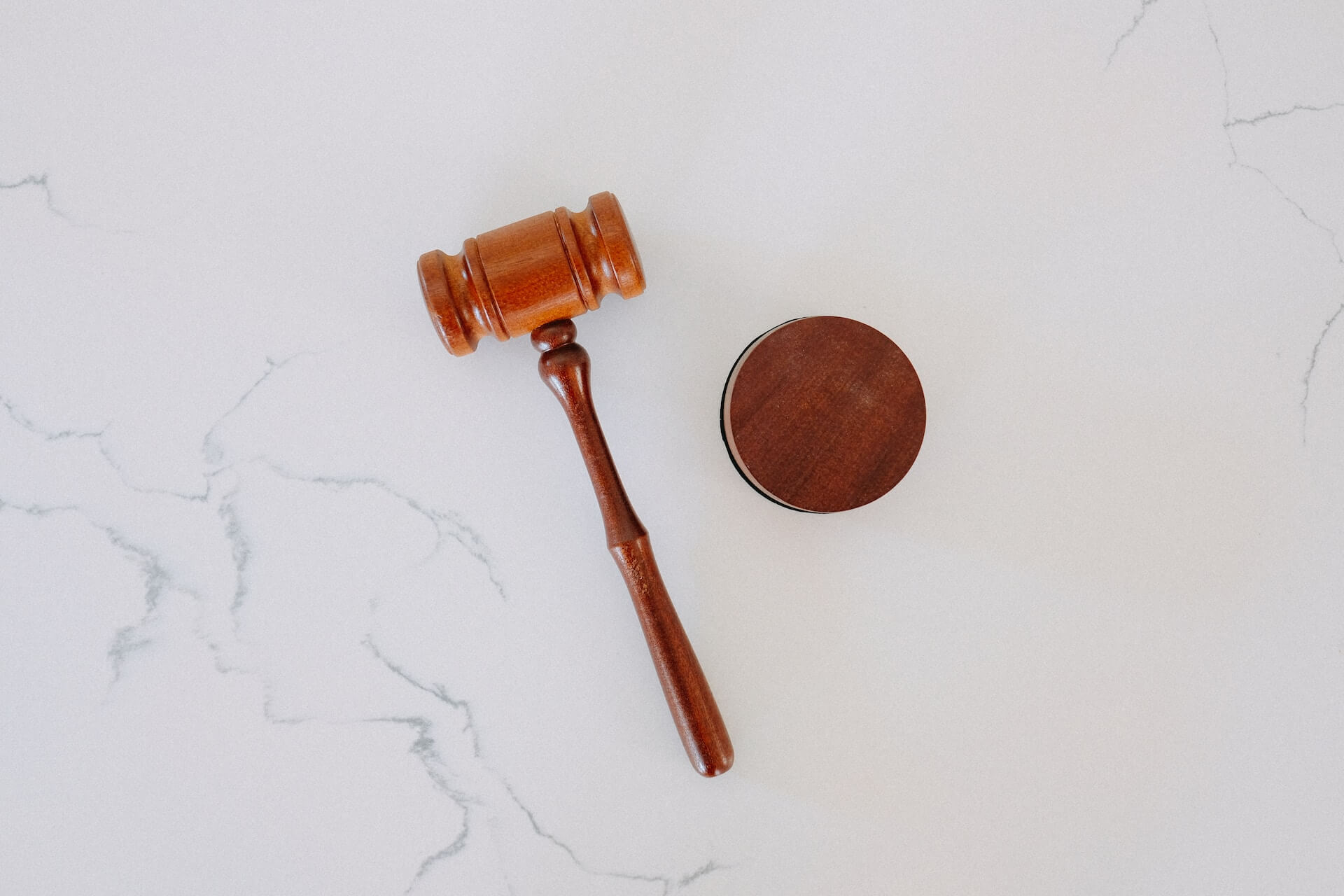An injunction is a legal remedy that seeks to prevent a person from taking or continuing a particular action. In the context of neighbour disputes, an injunction can be obtained against a neighbour who is causing a nuisance or is in breach of a restrictive covenant.
In this blog, I will provide an overview of the process for obtaining an injunction against a neighbour in the UK, including the types of injunctions available, the grounds for obtaining an injunction, the process for obtaining an injunction, the evidence required, the factors affecting the granting of an injunction, and the enforcement of an injunction.
Types of Injunctions
Different types of injunctions can be obtained against a neighbour in the UK: there are two different types of orders, mandatory injunctions and prohibitory injunctions:
- MANDATORY INJUNCTION: A mandatory injunction requires a person to take a particular action, such as removing a fence that is blocking a neighbour’s access to their property.
- PROHIBITORY INJUNCTION: A prohibitory injunction prohibits a person from taking a particular action in the future, such as constructing a building that would block a neighbour’s view.
Grounds for Obtaining an Injunction Against A Neighbour
There are several grounds for obtaining an injunction against a neighbour in the UK, including nuisance, trespass, harassment, interference with property rights, and breach of restrictive covenants.
Here are ten examples of situations where you may be able to apply for an injunction related to a neighbour disputes or disagreements in the UK:
- Noise nuisance: If your neighbour is causing excessive noise, such as loud music or shouting, you may be able to apply for an injunction to prevent them from continuing the behaviour.
- Harassment: If your neighbour is harassing you or your family, for example, by making threatening gestures or verbally abusing you, you may be able to apply for an injunction to stop them from continuing the behaviour.
- Trespass: If your neighbour is frequently entering your property without permission, you may be able to apply for an injunction to prevent them from continuing the behaviour.
- Boundary disputes: If your neighbour is encroaching on your property or disputing the location of the boundary between your properties, you may be able to apply for an injunction to prevent them from continuing the behaviour.
- Nuisance trees or plants: If your neighbour has trees or plants that are causing damage to your property or are a nuisance, you may be able to apply for an injunction to require them to be removed or trimmed.
- Access disputes: If your neighbour is blocking your access to your property or preventing you from accessing a shared drive, you may be able to apply for an injunction to prevent them from continuing the behaviour.
- Pollution: If your neighbour is polluting your property, for example, by allowing sewage or chemicals to leak onto your land, you may be able to apply for an injunction to prevent them from continuing the behaviour.
- Unauthorised development: If your neighbour is carrying out building work or other development on their property without the necessary planning permission, you may be able to apply for an injunction to prevent them from continuing the behaviour.
- Car parking: If your neighbour is parking their car in a way that is causing obstruction or nuisance, you may be able to apply for an injunction to prevent them from continuing the behaviour.
- Pets: If your neighbour’s pet is causing a nuisance, for example, by barking excessively or fouling on your property, you may be able to apply for an injunction to prevent them from continuing the behaviour.

Process for Obtaining an Injunction
The process for obtaining an injunction against a neighbour in the UK typically involves the following steps:
- Pre-action Protocol: Before filing a claim for an injunction, the person seeking the injunction should follow the relevant pre-action protocol. This involves sending a letter to the neighbour outlining the nature of the dispute and requesting that they stop the offending behaviour. Everything should be done, such as mediation to avoid the matter going to court.
- Filing a Claim: If the neighbour does not comply with the request to stop the offending behaviour, the person seeking the injunction can file a claim for an injunction in court. This is done by completing an N16A form and a witness statement. You can access the form here.
- Serving the Claim: The claim must be served on the neighbour, who will have an opportunity to respond to the claim.
- Interim Injunctions: If the court determines that the case is urgent, it may grant an interim injunction, which is a temporary injunction that lasts until the full hearing.
- Full Hearing: The court will hold a full hearing to determine whether to grant the injunction. The person seeking the injunction will need to provide evidence to support their case.
It would be recommended that you seek legal advice to assist you with the process of obtaining an injunction against a neighbour, as it can be complex and costly.
Evidence Required to Obtain an Injunction
To obtain an injunction against a neighbour in the UK, the person seeking the injunction will need to provide evidence to support their case. Evidence could include:
- Witness statements
- Previous letters sent and received
- Expert evidence
- Photographs
- Videos
- Police reports
- Medical reports
Witness statements can be provided by people who have witnessed the offending behaviour, such as other neighbours who have been affected by the nuisance or trespass.
Expert evidence may be required in cases where specialised knowledge is needed to support the case, such as noise pollution experts who can provide evidence regarding the impact of excessive noise on a person’s health.
Photographs and videos can be used to document the offending behaviour and show the impact it is having on the person seeking the injunction.
Police reports may be required in cases where the neighbour’s behaviour constitutes a criminal offence, such as harassment or criminal damage.
Medical reports can be used to provide evidence of the impact that the neighbour’s behaviour is having on a person’s health and well-being.
Cost of Injunction Against Neighbour
The cost of obtaining an injunction against a neighbour in the UK can vary depending on several factors, such as the complexity of the case, the evidence required, and the length of the legal proceedings.
The cost of legal fees is one of the main expenses associated with obtaining an injunction. Solicitors and barristers charge different rates, and the cost can also vary depending on the location and reputation of the law firm.
In general, the cost of obtaining an injunction can be thousands of pounds. This can include the cost of preparing the case, filing the application for an injunction, attending court hearings, and enforcing the injunction if it is granted.
In addition to legal fees, there may be other costs associated with obtaining an injunction, such as the cost of obtaining expert evidence, medical reports, or other documentation to support the case.
It is important to bear in mind that even if the person seeking the injunction is successful in obtaining it, they may not necessarily recover all of their legal costs from the neighbour. In some cases, the court may order the losing party to pay some or all of the legal costs, but this is not guaranteed.
It is therefore important to weigh up the potential cost of obtaining an injunction against the potential benefits of doing so. In some cases, it may be possible to resolve a neighbour dispute through other means, such as mediation or negotiation, which may be less expensive and time-consuming than obtaining an injunction.
I have an article on how mediation can help resolve neighbour disputes that you can read here.
Ultimately, the cost of obtaining an injunction against a neighbour in the UK will depend on the specific circumstances of the case, and it is important to seek legal advice to understand the potential costs involved.
I have an article on what to expect when contacting a solicitor that you can read here.

Factors Affecting the Granting of an Injunction
Injunctions are legal orders that require an individual or organisation to stop doing something or to do something specific.
In the UK, the granting of an injunction is determined by a court of law, and several factors can affect whether or not an injunction will be granted.
Here are some of the most significant factors:
- Likelihood of success: One of the primary factors that courts consider when deciding whether to grant an injunction is the likelihood of success of the underlying legal claim. If the claimant is likely to succeed in their case, it is more likely that an injunction will be granted.
- Balance of convenience: The court will also consider the balance of convenience in the case. This means weighing the harm caused to the claimant if the injunction is not granted against the harm caused to the defendant if the injunction is granted.
- Urgency: If there is an urgent need to prevent harm or damage, the court may be more likely to grant an injunction. For example, in cases where there is a risk of harm to a person’s health or safety, the court may grant an immediate injunction.
- Public interest: The court may also consider the public interest when deciding whether to grant an injunction. If the activity in question is harmful to the public interest, an injunction may be granted.
- Adequacy of damages: If damages can adequately compensate the claimant for the harm suffered, the court may be less likely to grant an injunction. In such cases, the claimant may be directed to pursue a claim for damages instead of seeking an injunction.
Overall, the decision to grant an injunction in the UK is based on careful consideration of all the relevant factors in the case, and the court will make a decision that is fair and just to all parties involved.
Enforcement of an Injunction
If an injunction is granted against a neighbour in the UK, it is important to ensure that it is enforced. Breach of an injunction can result in the person breaching the injunction being held in contempt of court, which can lead to fines or imprisonment.
In cases where the neighbour continues to breach the injunction, the person seeking the injunction may need to take further legal action to enforce the injunction. This may involve seeking damages for breach of the injunction or requesting that the police take action to enforce the injunction.
Conclusion
Obtaining an injunction against a neighbour in the UK can be a complex and time-consuming process. It is important to seek legal advice and to gather evidence to support the case for the injunction.
The court will take into account a range of factors when deciding whether to grant the injunction, and it is important to ensure that the injunction is enforced if it is granted.
By following the correct procedures and providing sufficient evidence, it is possible to obtain an injunction that can help to resolve a neighbour dispute and protect your property rights and quality of life.
The Gov.uk website also has some information on resolving neighbour disputes that you can read here.





Leave a Reply